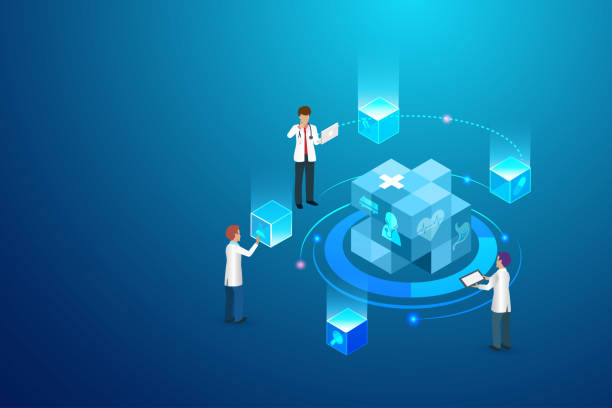In today’s fast-paced healthcare industry, efficiency and accuracy are crucial — not just in treatment but in handling medical records, insurance claims, and billing processes. One essential function that ensures this system runs smoothly is medical coding. But what exactly do medical coding services do, and why are they so important?
Let’s break it down.
What Is Medical Coding?
Medical coding is the process of translating healthcare diagnoses, procedures, medical services, and equipment into universal alphanumeric codes. These codes come from standardized code sets like:
-
ICD (International Classification of Diseases)
-
CPT (Current Procedural Terminology)
-
HCPCS (Healthcare Common Procedure Coding System)
These codes are used by hospitals, clinics, and insurance companies to document and track medical information efficiently.
What Do Medical Coding Services Do?
Medical coding services handle the end-to-end process of converting complex medical reports into standardized codes. Here’s what they typically do:
1. Review Clinical Documents
The process starts by reviewing patient records, physician notes, lab reports, and other documentation. Coders ensure they fully understand the diagnosis, procedures, and services rendered.
2. Assign Appropriate Medical Codes
Using the correct classification systems, coders assign:
-
ICD codes for diagnoses and symptoms.
-
CPT codes for medical procedures and services.
-
HCPCS codes for equipment and supplies.
Accuracy is critical, as even minor mistakes can lead to denied insurance claims or compliance issues.
3. Ensure Compliance With Regulations
Medical coders must stay updated with regulations such as:
-
HIPAA (Health Insurance Portability and Accountability Act)
-
Insurance payer rules
-
Government standards
This helps prevent legal issues, fraud, or data breaches.
4. Assist With Medical Billing
While coders and billers are not the same, coding is an essential part of the billing process. Coders provide the foundation for billing teams to:
-
Submit insurance claims
-
Track reimbursements
-
Handle claim rejections or denials
Proper coding ensures that healthcare providers are paid accurately and promptly.
5. Improve Operational Efficiency
By outsourcing medical coding services, healthcare organizations can:
-
Reduce administrative burden
-
Minimize claim errors and delays
-
Focus more on patient care
-
Gain valuable insights from coded data
Why Are Medical Coding Services Important?
Medical coding isn’t just data entry — it’s a critical component of healthcare operations. These services:
-
Enable smooth communication between providers and insurers.
-
Maintain clear, accurate medical records.
-
Support data analysis and research.
-
Protect against fraud and ensure compliance.
In short, medical coding services help turn complex medical information into clean, standardized data that keeps the healthcare engine running.
Conclusion
Medical coding services play a behind-the-scenes but vital role in modern healthcare. By transforming clinical documentation into accurate codes, they ensure that patients receive the right care, providers get paid on time, and the healthcare system remains efficient and accountable.
Whether you’re a patient, a provider, or someone interested in healthcare careers, understanding what medical coding services do gives you insight into the structure that supports every doctor’s visit, test, and treatment.

